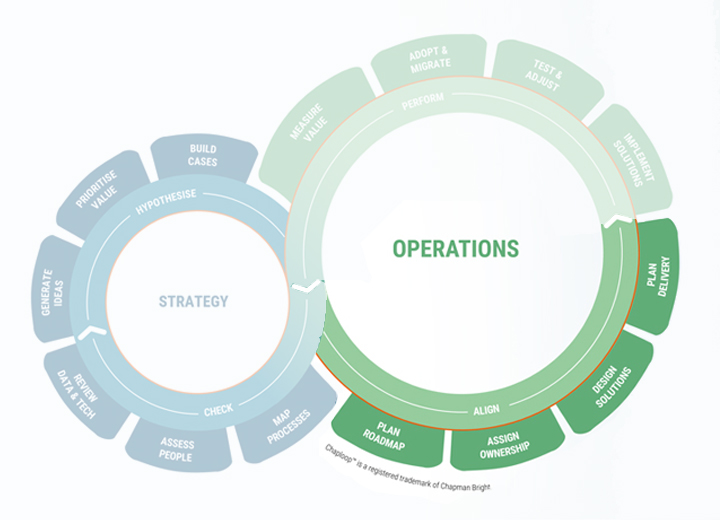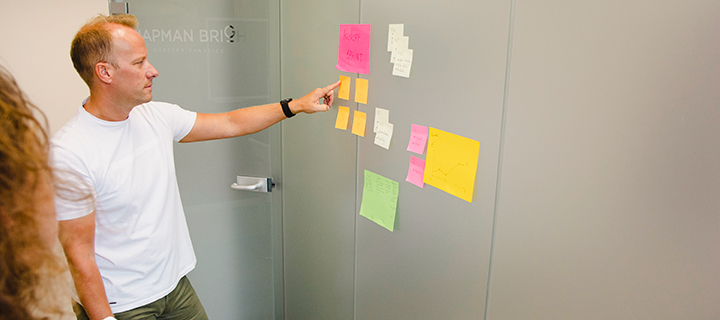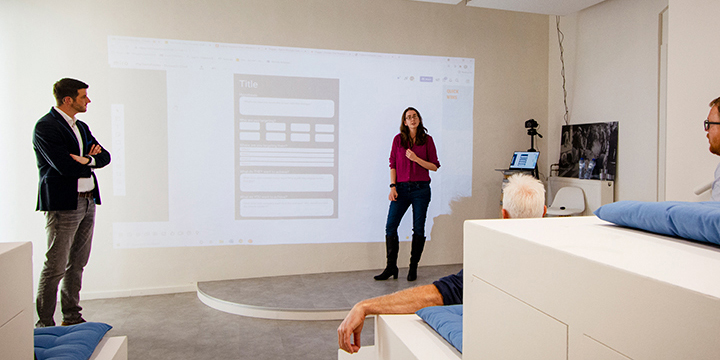Chaploop™ Chaploop™ | Operations | Align

Bridge tech, data, and people with a roadmap
Good ideas are not enough on their own. To create impact, improvements need to be connected into a plan that people can follow. Turn loose ideas into a structured roadmap that bridges technology, data, processes, and people.
A roadmap is more than a list of projects. It sets out who will take responsibility, when things will happen, and how adoption will be supported. Without this step, even the best solutions risk being delayed, misunderstood, or never used at all. This ensures everyone knows what to expect and how success will be measured.
7. Plan Roadmap
Initiatives are connected into one clear plan. Each phase has its own objective, with work divided across technology, process, data, and change management. This way of structuring avoids endless lists and creates a path that feels achievable. By showing progress in steps, the roadmap builds trust and keeps momentum.


8. Assign Ownership
Every initiative needs accountability. Ownership clarifies who makes decisions, who takes responsibility for adoption, and who keeps the improvement alive once delivery is done. Without clear ownership, projects stall or fade away. With it, change sticks and people know exactly what is expected of them.
9. Design Solutions
At this point, the future process is shaped into a complete solution design. The full architecture is defined, placed in the wider landscape, and built on proven practices. Past experiences and lessons learned are taken into account. The result is a design that is realistic, scalable, and ready to use.


10. Plan Delivery
A delivery plan defines how work will actually happen. Roles and responsibilities are made explicit, timelines are clear, and milestones are planned in an agile way. Iterations show early progress and make it possible to adapt quickly. This provides clarity, reduces uncertainty, and keeps everyone engaged.




